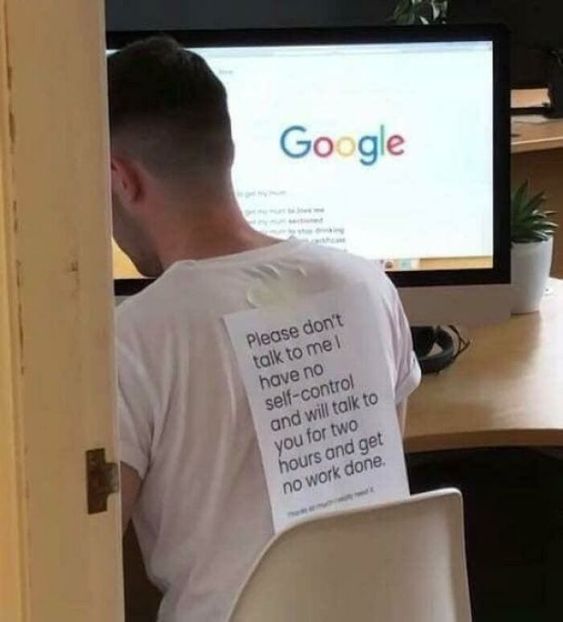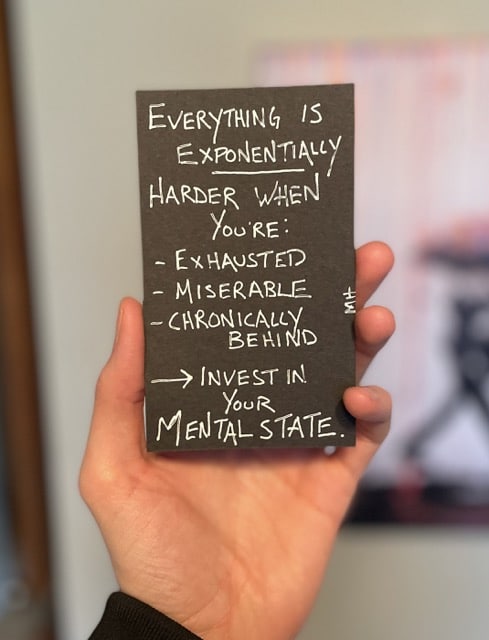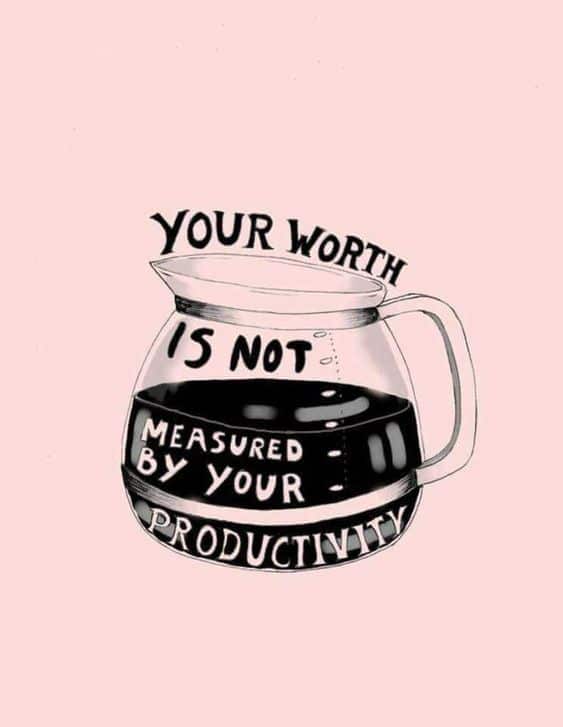“It will feel great to check off each item [of your to-do list], they say. When you reach the end, you’ll be free, they say. But the truth is there is no end.”
Aytekin Tank, Automate Your Busywork (Page 17)
“Of course, trimming ones’ to-do list reduces stress. But for some the idea of automation adds stress, since many people worry that humans will be replaced by an army of robots. But automation isn’t necessarily about replacing humans—it’s about handing off mindless, time-consuming tasks so that we can focus on the work machines can’t do.”
Aytekin Tank, Automate Your Busywork (Page 10)
“Your productivity is not the problem. Many of us have absorbed the message of productivity culture that says success requires a superhuman work ethic. When exhaustion and overwork are normalized, it’s easy to drive yourself into the ground and think it’s your fault you haven’t yet created the optimal morning routine or applied enough time hacks to tame your to-do list. But your productivity is not the problem; the problem is thinking you need to personally do every iota of work that lands on your plate.”
Aytekin Tank, Automate Your Busywork (Page 5)
“Turning repetitive tasks into automated digital processes frees your brain for the essential, creative work. And you don’t need to hire a team or spend money on expensive new products. Automation is accessible to anyone who wants to take advantage of it. With a little effort, anyone can automate.”
Aytekin Tank, Automate Your Busywork (Page 1)
“The ‘if I had time’ lie is a convenient way to ignore the fact that novels require being written and that writing happens a sentence at a time. Sentences can happen in a moment. Enough stolen moments, enough stolen sentences, and a novel is born — without the luxury of time.”
Julia Cameron, The Right To Write
“What you do on your ordinary days determines what you can achieve on your extraordinary days.”
James Clear, Blog
“Top performers get back on track faster than most. This is the skill to develop. You will be interrupted, but you can choose to keep it brief.”
James Clear, Blog
“Some problems lend themselves to reexamination. A second, third or even fourth thought is productive, because our initial impulses might not reflect our best effort at understanding the nuances of the situation. But many problems simply create more thoughts, without productive output. As we confront something that is unlikely to have a simple or productive way forward, it’s easy to go into a mental tizzy imagining solutions. The art is understanding which sort of problem we’re facing. And devoting the right amount of thought (not less and definitely not more) to the situation we’re in. Spending cycles on categorizing the problem is probably more productive than wasting time on problems that don’t deserve our effort.”
Seth Godin, Blog
“Pushing your way through some critical choices now will probably pay off in far more good days later. How many good days later does hard decision work today earn us? Stalling costs us more than we expect. We get stressed from the act of stalling, and then later, we will have to pay the ongoing cost of putting off work and decisions that would have been easier and more profitable a while ago.”
Seth Godin, Blog
“If, every time there’s a dish in the sink, you load and run the dishwasher and scrub the entire kitchen, you’re never going to get anything else done. On the other hand, if you wait until the sink is overflowing and the kitchen is filthy before you work on it, you’re going to spend a lot of time living with a dirty kitchen. Somewhere in between the two extremes is a productive steady state. The same goes for your relationship with a customer, your staffing decisions and just about everything else we do all day. Setting the triggers for action is best done in advance, and maintained regularly. Waiting for a crisis is expensive and risky.”
Seth Godin, Blog
“Sometimes the most productive thing you can do is eliminate the task. Downsize. The rooms you don’t have, don’t need to be cleaned. Donate. The items you don’t own, don’t need to be organized. Delete. The projects you don’t take on, don’t need to be finished. Is this a problem that needs to be solved? Or is it a problem that can be eliminated all together?”
James Clear, Blog
“Accomplished people have an obsession with completing tasks. Once a project falls into their horizon, they crave, almost compulsively, to finish it. […] It’s this constant stream of finishing that begins, over time, to unlock more and more interesting opportunities and eventually leads to their big scores.”
Cal Newport




